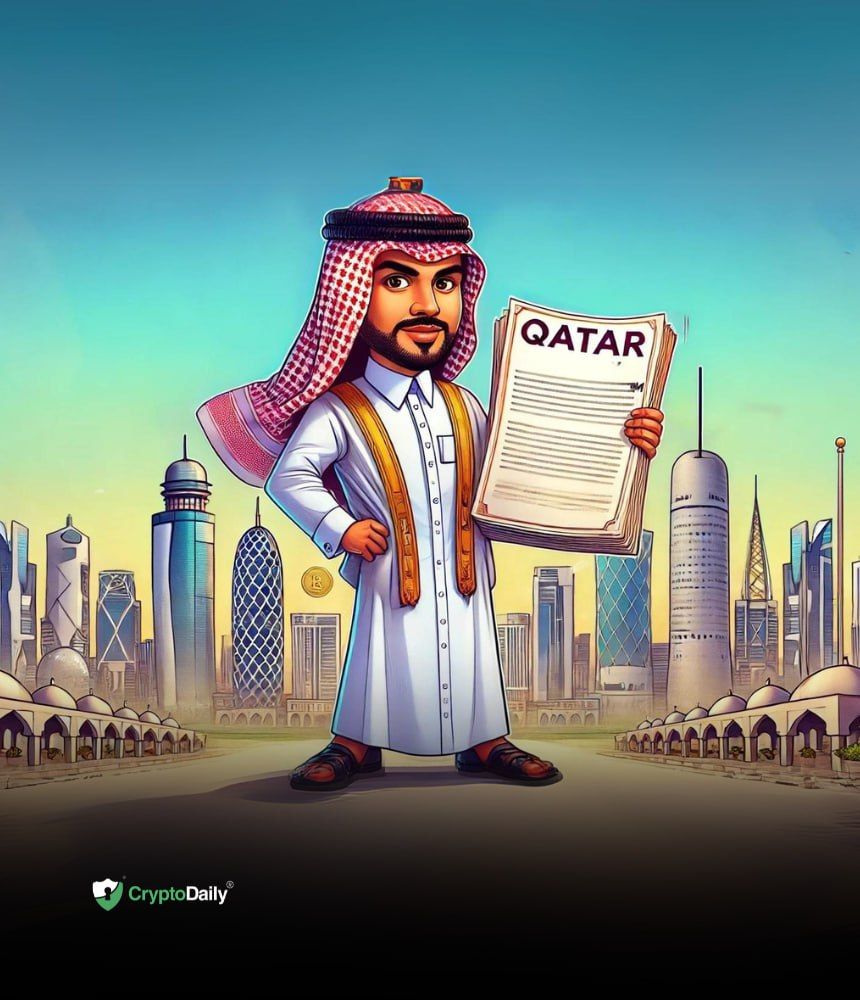Qatar has officially launched a comprehensive regulatory framework for digital assets within its Qatar Financial Centre (QFC), aiming to foster innovation, ensure market integrity, and attract both domestic and international players.
Fostering Digital Assets Innovation In QFC
The new QFC Digital Assets Framework 2024 marks a significant step in the nation’s digital transformation effort. It is designed to foster innovation and growth in the digital asset sector, offering a clear and robust regulatory environment for businesses operating within the QFC.
QFC CEO Yousuf Mohamed Al-Jaida emphasized the significance of this initiative, stating,
“We are proud to set a blueprint for developing, applying, and operating digital assets that promote market trust and confidence. We anticipate that this regulatory clarity will attract both domestic and international players, boosting Qatar’s financial services sector competitiveness.”
Collaboration with Industry Stakeholders
The development of this framework was a collaborative effort involving key industry stakeholders, including digital asset exchanges, custodians, and other market participants. The initiative, announced on September 2, was spearheaded by the Qatar Central Bank, the Qatar Financial Centre Authority (QFCA), and the Qatar Financial Centre Regulatory Authority (QFCRA). The QFCRA, in particular, will oversee the licensing and supervision of digital asset service providers under this new regime.
Key Provisions and Regulatory Focus
The framework outlines comprehensive guidelines for creating, regulating, and managing digital assets within the QFC. It addresses essential regulatory concerns, such as anti-money laundering (AML), counter-financing of terrorism (CFT), and market conduct, ensuring that the digital asset sector operates with high standards of integrity and security. The framework also includes robust risk management measures to protect investors and maintain market stability.
A notable aspect of the framework is the prohibition on creating or trading tokens used solely as currency substitutes, such as cryptocurrencies and stablecoins, within the QFC. Only permitted tokens, those not classified as excluded, can be offered or traded, and the QFCA must license any token-related services. Additionally, the framework grants legal recognition to smart contracts, making self-executing agreements enforceable under Qatari law.
Qatar’s Broader Digital Strategy
The introduction of the QFC Digital Assets Framework is part of Qatar’s broader strategy to embrace digital innovation and diversify its economy. Qatar has been actively exploring the potential of digital assets, recognizing their ability to drive economic growth. In line with this strategy, the Qatar Central Bank is also advancing its efforts to develop a central bank digital currency (CBDC) as part of its “Third Financial Sector Strategy.”
In October 2023, Qatar introduced the Digital Assets Lab, where over twenty start-ups are currently testing their offerings. The lab, still in its testing phase, is expected to conclude by October, with plans to launch the CBDC by the end of 2024.
Disclaimer: This article is provided for informational purposes only. It is not offered or intended to be used as legal, tax, investment, financial, or other advice.

